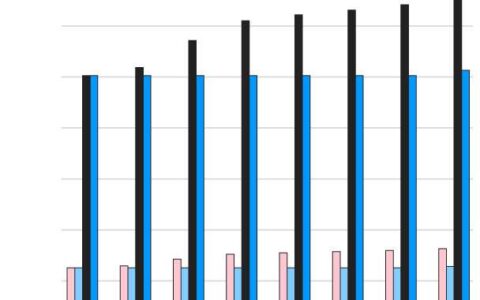Chinese investment in formerly Soviet states has reached nearly $80 billion from 2016 through mid-2023, as reported by the Eurasian Development Bank. However, there are indications that Beijing’s enthusiasm for foreign investment is diminishing amidst various domestic economic challenges.
During this seven-and-a-half-year period, Kazakhstan emerged as the primary beneficiary, capturing 52 percent of Chinese investment in the region, amounting to approximately $41.9 billion. Russia followed with $19.7 billion, making up about 24 percent of China’s Foreign Direct Investment (FDI) in Eurasia. Notably, a significant portion of these investments was directed towards the oil & gas sector, with China’s state-controlled CNPC being the predominant investor.
Turkmenistan also featured prominently, securing $9.4 billion and ranking third in terms of Chinese FDI from 2016 to 2023, primarily due to Beijing’s focus on energy infrastructure and pipelines. It’s important to note that the investment data provided by the Eurasian Development Bank does not include the Baltic states of Estonia, Latvia, and Lithuania, as they are now members of the European Union.
The latter half of 2023 was not covered in the bank’s report, a period marked by significant economic turbulence within China, including high unemployment, escalating municipal debt, and deflation. These domestic issues, compounded by what some perceive as an ineffective governmental response, appear to be constraining China’s capacity to sustain its role as a major source of FDI.
For instance, Uzbek Prime Minister Abdulla Aripov’s recent trip to China’s Xinjiang Region seemingly ended without any new investment agreements, despite the visit’s goal to boost trade and investment. Additionally, promotional events in Tashkent and at the Uzbek consulate in Guangzhou failed to attract new business, despite generating considerable local media interest.
Furthermore, a meeting in early March involving Kyrgyzstan’s government head, Akylbek Japarov, along with Uzbek PM Aripov and Chinese officials in Xinjiang, focused on reviving the China-Kyrgyzstan-Uzbekistan railway project. Unfortunately, the project remains stalled due to China’s hesitance to increase funding, with no progress reported following the discussions.
These developments suggest that while China’s investment in Eurasia has been substantial, current economic strains within China are likely impacting its foreign investment activities, potentially altering its approach to international economic engagements.











